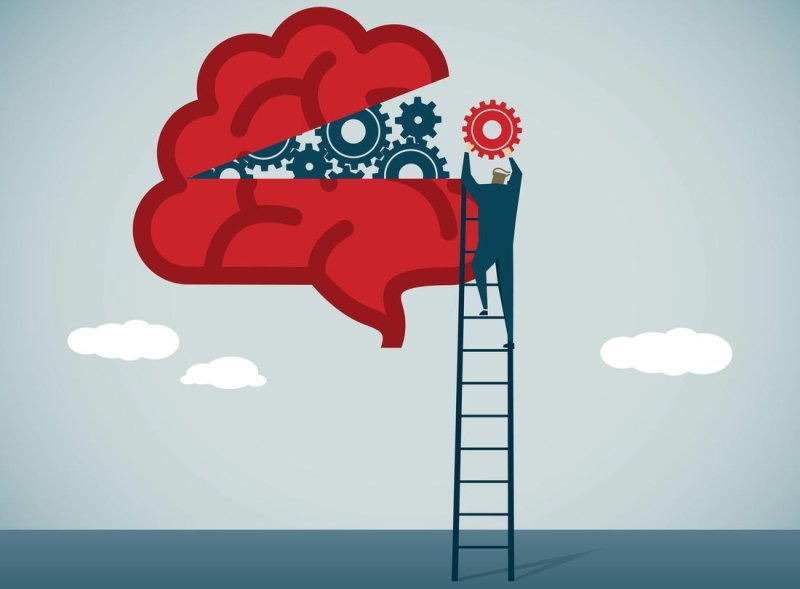A study in mice has indicated that the make-up of bacteria in the gut is linked with learning abilities and memory, providing a potential avenue of research into how to maintain cognitive functioning as we age.
…
Dr Damien Rei, a postdoctoral researcher into neurodegenerative and psychiatric diseases at the Pasteur Institute in France, decided to examine the different types of microbiome that appear in younger and older mice to understand better what might happen in people too.
He found that when he transferred gut bacteria in older mice to young adult mice, there was a strong effect on reducing learning and memory. And when the opposite was done, with older mice receiving microbiota from younger mice, their cognitive abilities returned to normal. The older mice were aged about a year and a half – equivalent to about 60-plus human years.
…
[T]here is no convincing evidence yet that looking at the gut microbiota is the way to go. But [Rei] believes the mouse study opens doors to further investigation into mechanisms behind age-related changes.Read full, original post: Bacteria keep us healthy – but could they keep us young?































